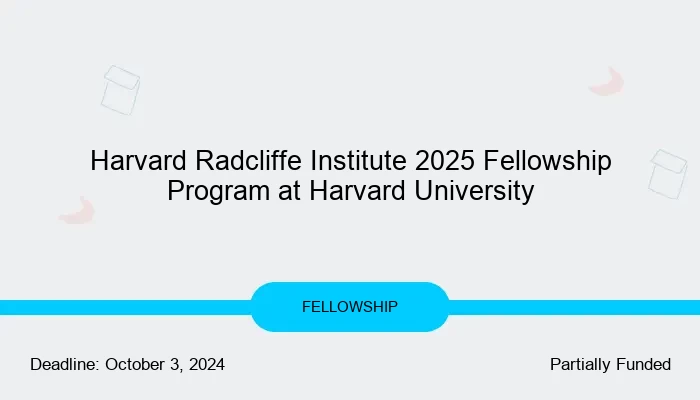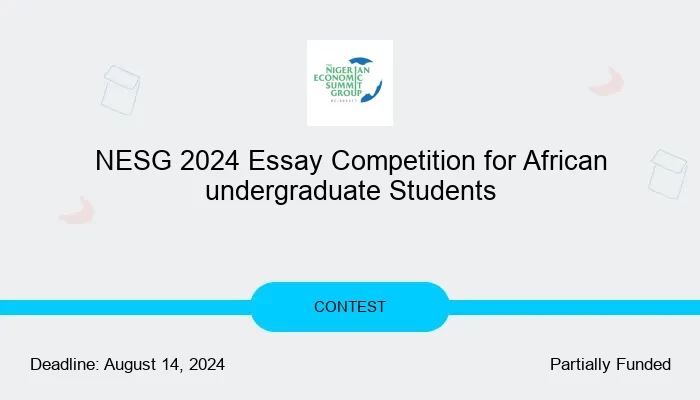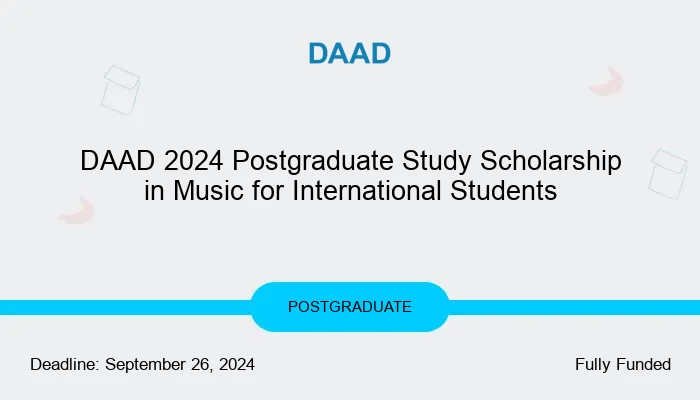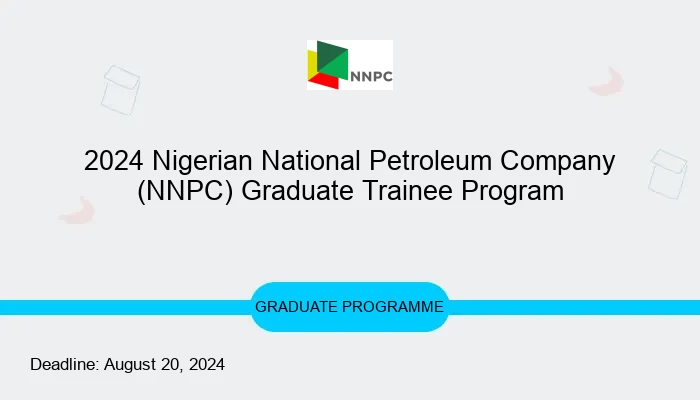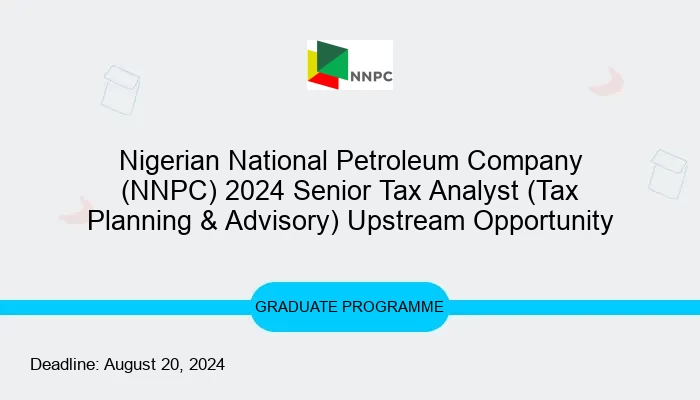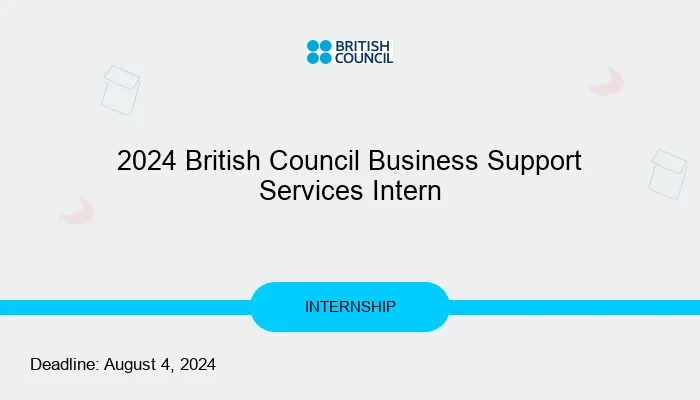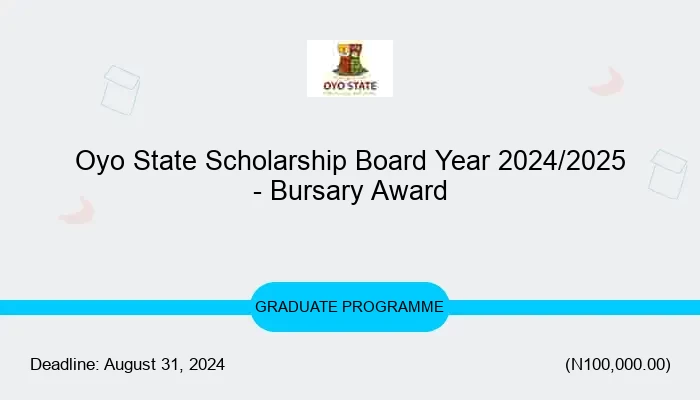Harvard Radcliffe Institute 2025 Fellowship Program at Harvard University
The Harvard Radcliffe Institute Fellowship Program offers a rare chance for scholars, scientists, and artists from around the world to immerse themselves in a transformative academic environment. Located in the serene Radcliffe Yard at the heart of Harvard University, this fellowship provides an unparalleled platform to develop innovative ideas, challenge norms, and contribute to our understanding of the world.
What is the Harvard Radcliffe Institute Fellowship?
The Radcliffe Fellowship Program is an interdisciplinary and creative community that brings together 50 fellows each academic year. This fellowship is not just an opportunity to step away from everyday routines; it’s a chance to dive deeply into a project with the support of Harvard’s extensive resources. Whether you’re working in the humanities, social sciences, sciences, engineering, mathematics, or the creative arts, the Radcliffe Fellowship is designed to foster collaboration and excellence.
Benefits of the Fellowship
Radcliffe Fellows receive a stipend of $78,000, along with an additional $5,000 for project expenses. For U.S. citizens or permanent residents with a home institution in the U.S., the stipend can be paid either directly or through their institution. Additionally, fellows may receive funds for relocation, housing, and childcare, making the transition to Radcliffe as smooth as possible. Health care support is also available, and there are opportunities to hire Harvard undergraduate students as research partners, with the program covering their wages.
Who Can Apply?
The fellowship seeks to support a diverse group of individuals across various dimensions, including discipline, career stage, race and ethnicity, country of origin, gender, sexual orientation, and ideological perspective. However, all applicants must demonstrate a high level of excellence, collegiality, and creativity. Here’s a breakdown of the eligibility criteria by discipline:
Humanities and Social Sciences
- Must have a doctorate or terminal degree by December 2022.
- Must have published a monograph or at least two articles in refereed journals or edited collections.
Science, Engineering, and Mathematics
- Must have a doctorate by December 2022.
- Must have published at least five articles in refereed journals.
Creative Arts
Each creative discipline has specific requirements:
- Film and Video: A significant body of independent work, typically exhibited or broadcast.
- Visual Arts: At least five years of professional work, including curated group shows and solo exhibitions.
- Fiction and Nonfiction: One or more published books, a book contract, or at least three published works longer than newspaper articles.
- Poetry: At least 20 published poems in the last five years or a published poetry book, with a manuscript in progress.
- Journalism: At least five years of professional experience.
- Playwriting: A significant body of produced work.
- Music Composition: Strong evidence of professional achievement, with recent performances.
Application Deadlines
- Humanities, Social Sciences, and Creative Arts: September 12, 2024, by 11:59 PM Eastern Time.
- Science, Engineering, and Mathematics: October 3, 2024, by 11:59 PM Eastern Time.
How to Apply
If you’re interested and qualified, you can apply through the Radcliffe Fellowship online application portal. This is a competitive program, so make sure your application showcases your project’s potential and your own achievements.
For more information, visit the Harvard Radcliffe Institute website and explore the opportunities this fellowship offers.
Conclusion
The Harvard Radcliffe Institute Fellowship Program is a prestigious opportunity for individuals looking to make a significant impact in their field. With a supportive and diverse community, access to Harvard’s extensive resources, and a generous stipend, this fellowship is an ideal platform for innovation and discovery. Apply now and take a step towards advancing your career and contributing to broader academic and artistic conversations.
